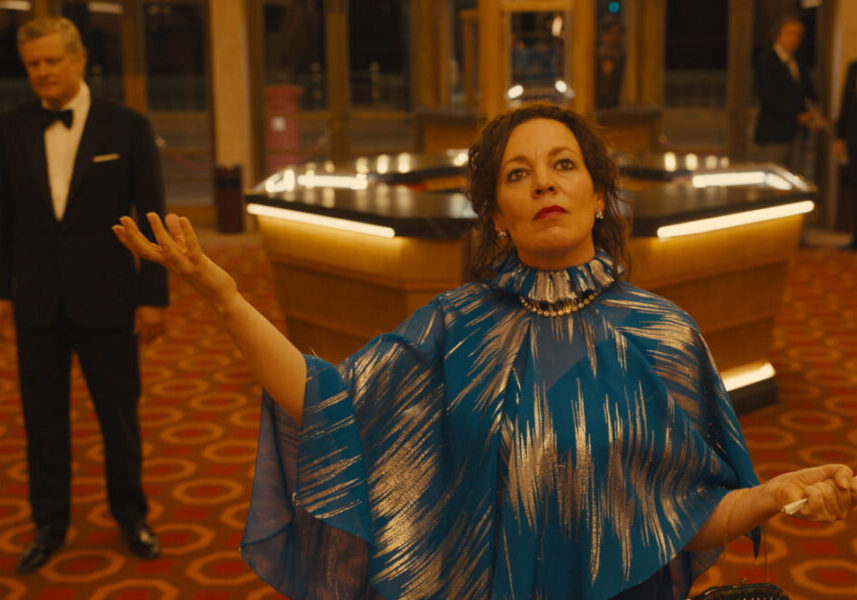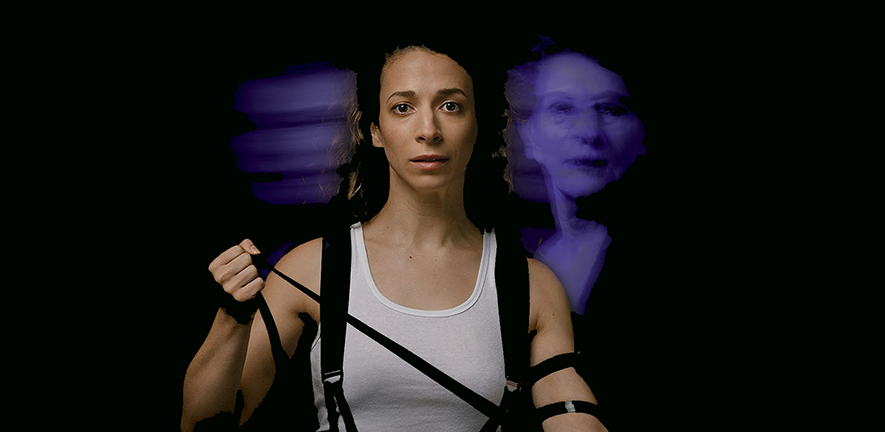
Empire of Light – REVIEW

By MARTIN FABINYI
Sam Mendes’s ode to the magical, luminous world of cinema is one of a host of cinema-centric features, and comes on the heels of its the notorious Babylon.
While Empire of Light doesn’t attempt to encapsulate the history of cinema in the same overwhelming way Babylon does, its poignant view of how cinema-going can soothe the soul has the same thread. Here, the central character is no actor, but a fractured person played superbly by Olivia Colman in the role of Hilary Small, the duty manager of a beachside cinema during the Thatcher years, when skinheads roamed the streets looking for victims to assault.

Hilary is bipolar, and Colman brings to her role a sensitivity shot through with the terrible curse that only this diagnosis can muster. When she becomes attracted to Stephen (played by Micheal Ward) a new member of staff, and the two begin a physical relationship, things turn very dark indeed.
Hilary, on the high of her disorder, stops taking her medication and begins to believe she has found her soulmate. She rejects the sleazy sex-in-the-workplace with her boss, played by Colin Firth, and enjoys her moment in the sun. When her disease strikes piteously, Hilary spins out into a manic phase, and disappears into an institution.
When she returns to work, she witnesses skinheads violently attacking Black British Stephen and visits him in hospital. He recovers, and Norman the projectionist (Toby Jones) brings him into the world of film he so lovingly inhabits.
The healing power of cinema is fully revealed when Hilary watches the Peter Sellers masterpiece Being Thereby herself in the cinema.
Sam Mendes wrote, directed and produced Empire of Light, and his overarching message of the belief in light and its strength to bring order into a hostile environment becomes somewhat preachy. But the performances, in particular Olivia Colman’s, elevate the film beyond its curly plotlines; she shines beyond the character she inhabits.
★★★★









